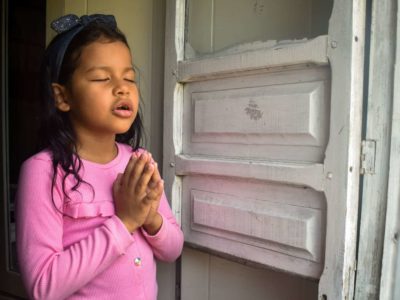
About Prayer
Prayer is an integral part of our programs and work. Here’s what the Bible says about prayer and why we believe prayer is so important.
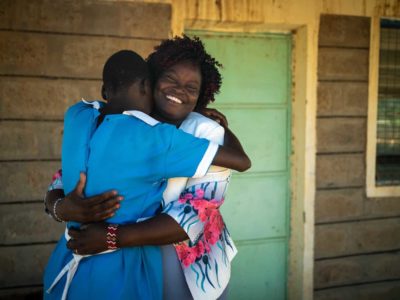
The Radical Runaways: Inside an FGM Rescue Center for Girls
Florence’s rescue center has saved more than 413 girls from female genital mutilation (FGM) and early marriage. The Kenyan schoolteacher’s lifelong crusade against FGM began with her own narrow escape as a child.
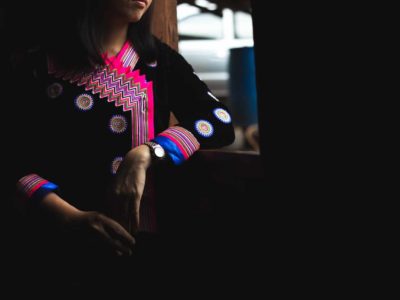
Hope and Healing After the Terror of Bride Kidnapping
In the bride kidnapping tradition of the Hmong people, girls can be forcibly married to their abductors. But churches in Thailand have been fighting for change.
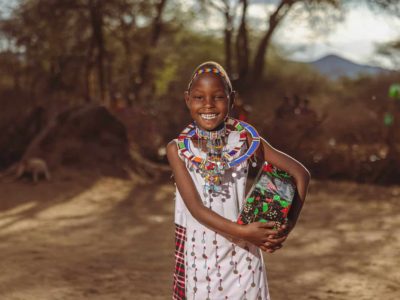
A Very Maasai Christmas
Seven-year-old Pesi is part of the Child Sponsorship Program at a church in Kenya. She is also a member of the Maasai people. Every year since she can remember, her family has celebrated Christmas.
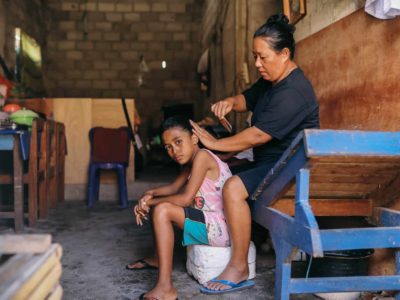
Tough Questions: “What Don’t People Understand About Life in Poverty?”
In Uganda, Olive smiles as a neighbor invites her to a family member’s wedding. But secretly, her heart sinks. She doesn’t own clothes nice enough for the occasion. These days, food is more important than fashion. She hates that her absence will make her look rude. It’s too embarrassing to explain, though.
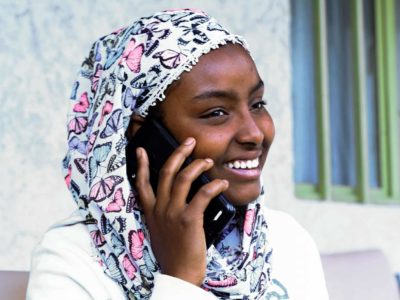
Tough Questions: “Why Do Families in Poverty Have Phones or TVs?”
According to the World Bank, the world’s poorest families are more likely to have access to a mobile phone than a toilet or electricity. As technology advancements reach the most remote corners of the globe, devices like cellphones and televisions are becoming important tools for daily life. They’re also becoming a lot more affordable.
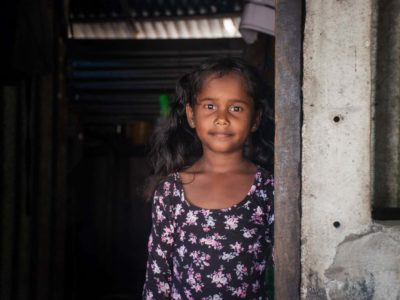
Tough Questions: “How Did You End Up Living in Poverty?”
The causes of poverty vary widely. Poverty can be purely geographical: Simply where you are born can dictate so much about your life.
But although poverty is often passed down for generations, the plunge to life below the poverty line can also be blind-siding. These families share their experiences of being born into poverty or ending up there because of changing circumstances.
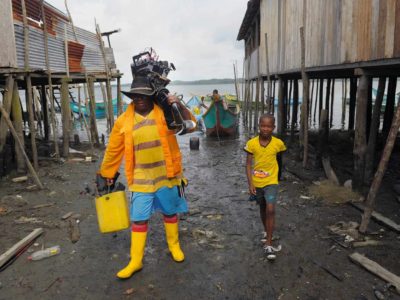
Tough Questions: “Are People Who Live in Poverty Lazy?”
Hear how parents of five children in Compassion’s program responded to this tough question people ask about poverty. For them, the hurtful myth that they are poor because they are lazy couldn’t be further from the truth.

Why Periods Are No Longer a Red Light
For millions of girls around the world, menstruation brings shame, confusion and stigma. Discover how girls in Brazil, Honduras, Sri Lanka and Togo are finding education and empowerment with Compassion’s support.
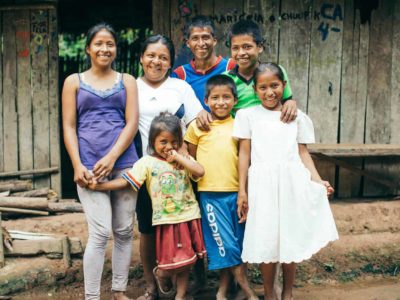
5 Tough Questions About Poverty, Answered
Why do parents keep having children if they can’t afford to support them? Why don’t they get a different job, or work harder, if they need more money?
We put difficult but common questions like these to five brave parents of children are in Compassion’s program. In vulnerably sharing their experiences, they hope to break the stigma of and reveal the truth about living in poverty.
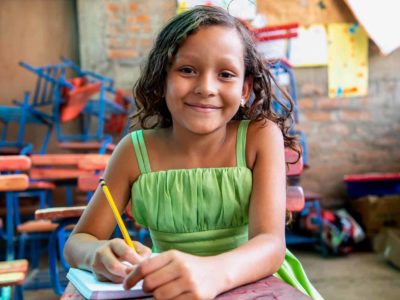
5 Christian Innovators Helping Solve an Education Crisis
It takes more than a global pandemic to stop these innovators from taking action. Since the start of lockdowns, children in Latin America have lost an average of 158 school days, according to UNICEF. The crisis is serious, but so are the innovators. These heroes from Central and South America are using creative solutions to serve their neighbors in the midst of COVID-19.
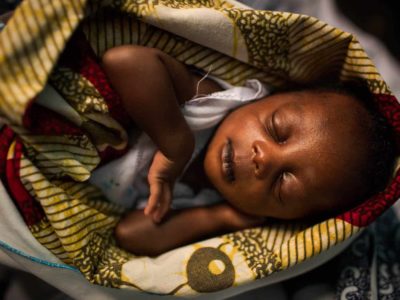
These Aren’t Your Mother’s Child’s Milestones
Whether they are from the United States, Brazil, the Philippines or Ghana, every child in the world has at least this one thing in common — they grow up! And as they do, according to their culture’s customs and traditions, they celebrate and memorialize certain rights of passage or milestones. These celebrations honor the transition from one stage of development to the next.


